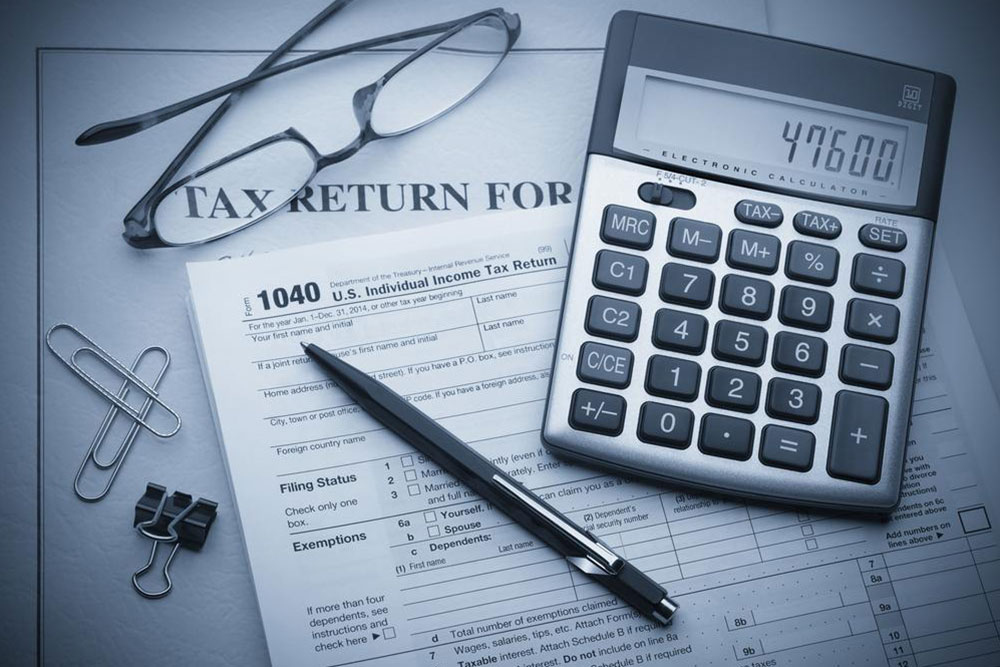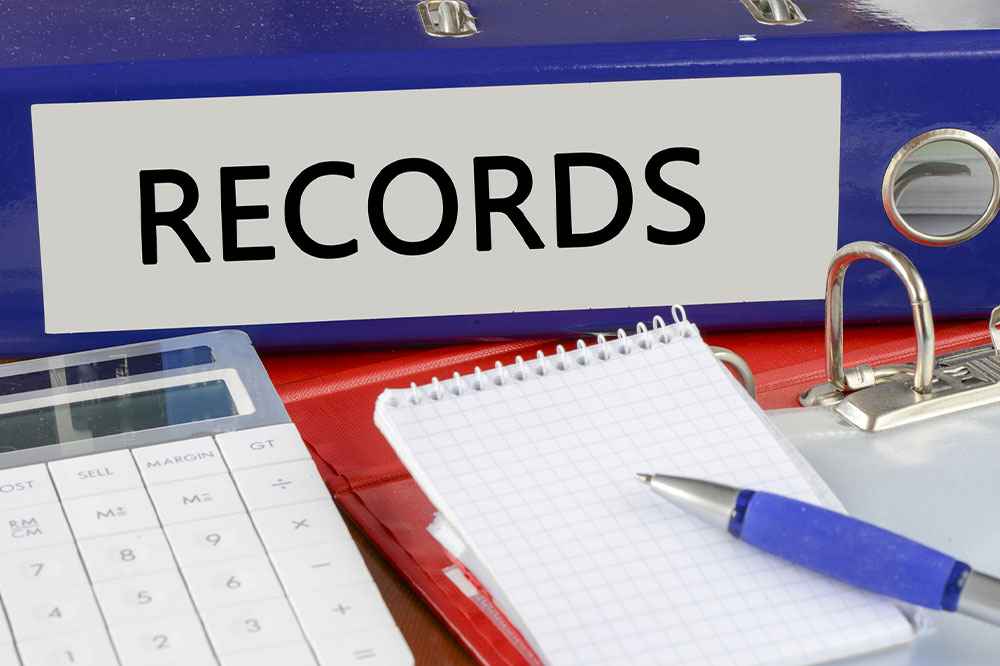Advantages of Keeping Detailed Property Records
Maintaining comprehensive property records offers crucial benefits for tax optimization, efficient accounting, audit readiness, and strategic business growth. Proper documentation simplifies financial planning and enhances asset management, whether stored physically or electronically.
Sponsored

Government agencies at federal, state, and local levels levy taxes on various sources such as income, payroll, property, and capital gains. Property taxes, in particular, are imposed primarily on real estate and certain business assets, based on their fair market value. Real estate includes land, structures, and related improvements, along with ownership rights. Registration costs for vehicles like cars and boats are also part of property-related taxes.
Generally, personal or non-business assets are exempt from this tax. Each jurisdiction has its own method of valuing property and calculating taxes accordingly. Property owners have the right to contest property valuations, after which they receive notices and bills. Maintaining accurate property records is essential for proper tax filing. Here are some key benefits of organizing property documentation:
They maximize eligible deductions, potentially reducing tax liabilities.
They streamline year-end accounting processes.
They provide essential evidence if audited by tax authorities.
They supply critical data to support business growth and strategic planning.
They aid in forecasting tax payments and avoiding overpayments.
They help identify business strengths and areas for improvement.
They assist in evaluating business modifications and enhancements.
They facilitate planning for financial obligations, like payroll and payments to creditors.
They simplify loan applications or business sales processes.
Property records can be stored physically or digitally, based on the investment value of the property. These records are vital for calculating gains or losses on sales, including deductions such as depreciation, amortization, depletion, and losses due to casualties.






